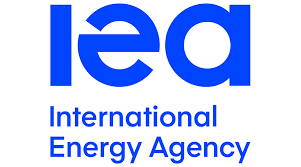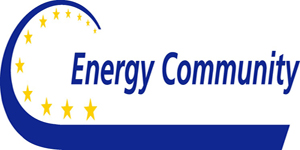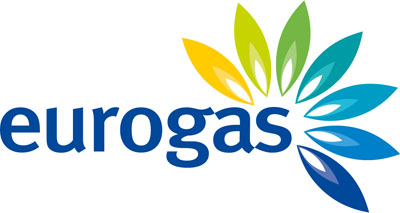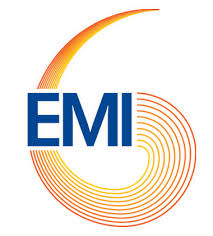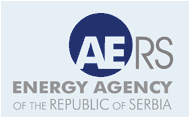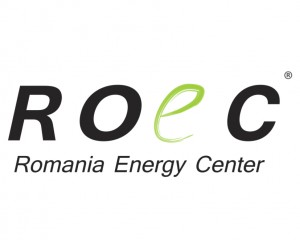The Institute of Energy for SE Europe (IENE) has just completed an important assessment of "Project Helios”, which is heavily promoted by the Greek government as a means of generating huge amounts of solar photovoltaic energy in sunny Greece with the view of exporting it to northern Europe. IENE’s study entitled "Project Helios: Can Solar Energy be Exported?” analyses in detail the project as it has been put forward by the Greek Ministry of Environment, Energy and Climate Change (YPEKA), by identifying and studying all key economic and technical parameters.
IENE concludes that, all crucial business parameters of the project, as this has been presented todate, are in the wrong direction and inconsistent with market rules. From the technical aspect the transmission of such huge solar PV power generation capacity to central Europe needs the design and installation of a high capacity transmission system. The additional budget and the time horizon for the implementation of the transmission system are factors which are totally missing from Greek government thinking. The project as it stands today is simply not bankable, notes this latest IENE study.
Furthermore, considerable uncertainties exist in the basic economic parameters of "Project Helios”. It is not at all obvious that the PV electricity to be imported by Germany from Greece will be paid on the basis of the feed-in tariff system. The passing of a new law by the German Parliament for this case, as the Greek Ministry "YPEKA” is widely expecting, by adopting a feed-in tariff scheme for Greek solar PV electricity over 25 years with additional charges to the consumers and the economy, by-passing the competitive electricity market is simply not a realistic proposition. Consequently, the only way for "Helios” to go ahead is for imported PV electricity by Germany to be paid through the local competitive electricity market. However, such possibility, regarding the entry of PV power generation in the German and European electricity markets would only be effective by 2020, expecting competitive solar PV power generation costs meanwhile. Consequently, any government expectations for a sizeable contribution of "Project Helios” to Greek debt reduction are totally unfounded.
However, the IENE study notes that a new "Helios” project based on advanced and innovative technologies and on market forces can be developed with a positive impact to the economy and with social and economic benefits for both sides, the producers and the consumers, over the long-term. There are good prospects for the development of solar PV technologies and their competitiveness against fossil fuel power generation. Moreover, grid parity is expected during the next few years in southern European countries and PV power generation cost will be competitive so as to partake in the competitive electricity markets by 2020. Generally, the idea for the export of solar PV power and probably wind power from Greece to the central European countries is ambitious but seems to be realistic over the next long term.
The interconnection of southern Greece to north Italy, in order to reach the electricity markets of central European countries is of high importance to Greece and Italy too. It is also considered very useful for the central European electricity markets and the European interconnected transmission system. In addition, this interconnection can be combined with the interconnection of Crete to Peloponnesus and Cyprus to Crete so as to amplify the benefits. In general the interconnection of south-east Europe to central Europe is a project worth pursuing.
The technological and economic feasibility of a newly defined "Helios” project seems to be very attractive with high expectations. This joint venture project could be scheduled for implementation in the mid-term when the maturity of the applied technologies will have been achieved, in conjunction with the RES-e competitiveness. Moreover, this is considered to be a most challenging project for the European industry towards the future electricity grids worldwide.
Therefore, coordinated actions must be undertaken by Greece both at a political level, in order to ensure support, and also on business level by attracting investors and providing some incentives, on the basis of a prefeasibility study for this joint venture project. Additional benefits are expected from possible local manufacturing activities for the equipment of RES power plants.
Due to the technological and financial demands
commissioning the complete project should be scheduled for 2020. The expected
benefits from such huge and highly important project with favourable impact to
the Greek electricity system and the economy must be the driving force for the Greek
government as to be motivated to undertake the necessary actions. Thus, an
initiative for a new "Helios” project based on technological and business perspectives
in the context of a competitive electricity market, must be elaborated
carefully and re-launched by the Greek government with clearly defined
strategic goals for power systems interconnecting and exporting of solar PV electricity
to central Europe.
The full study is freely accessible at IENE’s
web site (http://www.iene.eu) through the ‘Reports’
section.

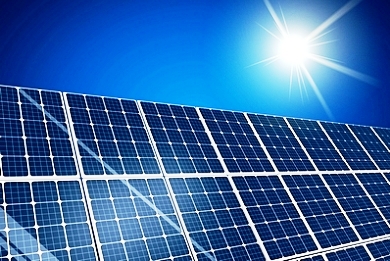 The Institute of Energy for SE Europe (IENE) has just completed an important assessment of “Project Helios”, which is heavily promoted by the Greek government as a means of generating huge amounts of solar photovoltaic energy in sunny Greece with the view of exporting it to northern Europe. IENE’s study entitled “Project Helios: Can Solar Energy be Exported?” analyses in detail the project as it has been put forward by the Greek Ministry of Environment, Energy and Climate Change (YPEKA), by identifying and studying all key economic and technical parameters
The Institute of Energy for SE Europe (IENE) has just completed an important assessment of “Project Helios”, which is heavily promoted by the Greek government as a means of generating huge amounts of solar photovoltaic energy in sunny Greece with the view of exporting it to northern Europe. IENE’s study entitled “Project Helios: Can Solar Energy be Exported?” analyses in detail the project as it has been put forward by the Greek Ministry of Environment, Energy and Climate Change (YPEKA), by identifying and studying all key economic and technical parameters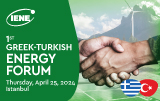
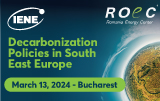

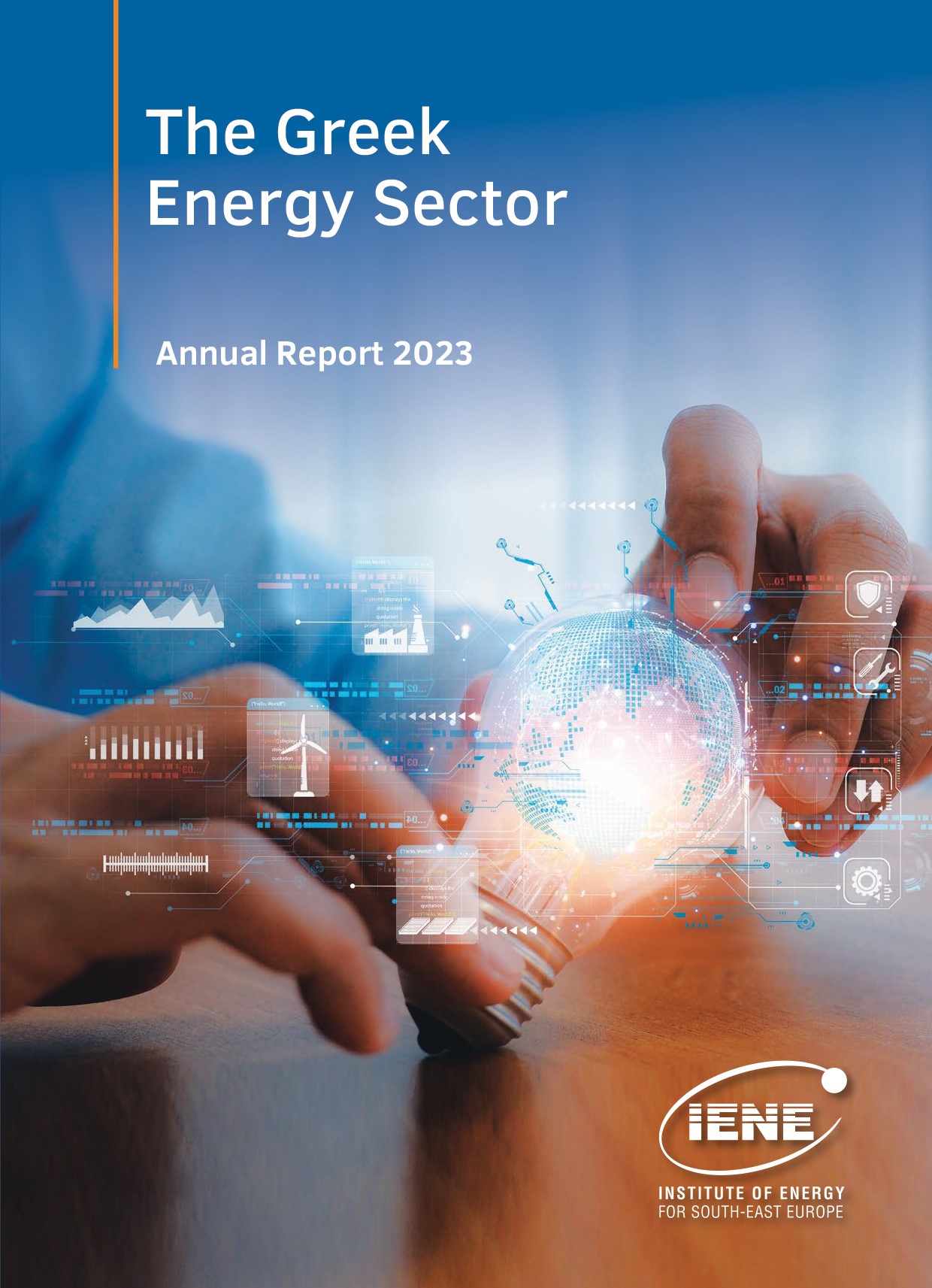
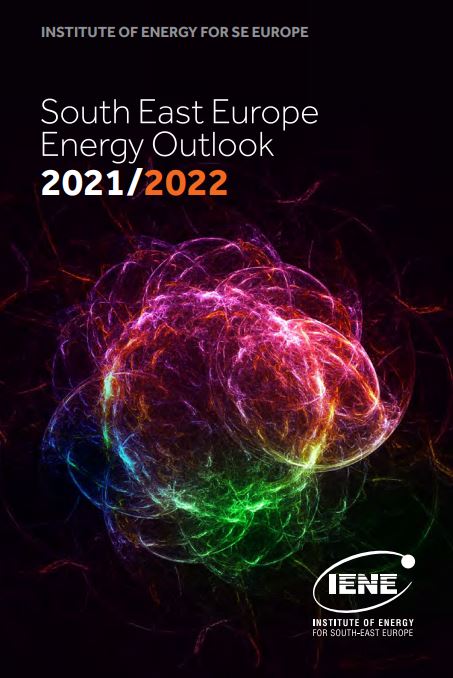
 More
More
